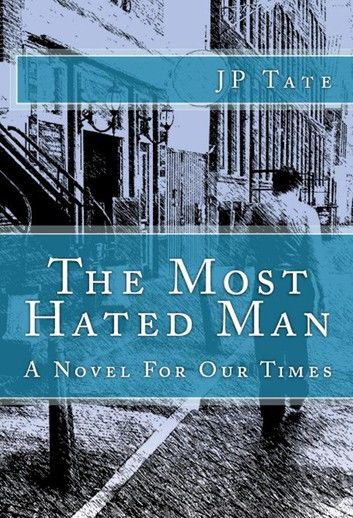| FindBook |
有 1 項符合
The Most Hated Man的圖書 |
| 圖書館借閱 |
| 國家圖書館 | 全國圖書書目資訊網 | 國立公共資訊圖書館 | 電子書服務平台 | MetaCat 跨館整合查詢 |
| 臺北市立圖書館 | 新北市立圖書館 | 基隆市公共圖書館 | 桃園市立圖書館 | 新竹縣公共圖書館 |
| 苗栗縣立圖書館 | 臺中市立圖書館 | 彰化縣公共圖書館 | 南投縣文化局 | 雲林縣公共圖書館 |
| 嘉義縣圖書館 | 臺南市立圖書館 | 高雄市立圖書館 | 屏東縣公共圖書館 | 宜蘭縣公共圖書館 |
| 花蓮縣文化局 | 臺東縣文化處 |
|
|
THIS NOVEL BECOMES MORE TOPICAL AND RELEVANT WITH EVERY MONTH THAT PASSES.
Two killers, two fatal agendas, two harassed cops, one broken nation. The establishment elites of political correctness have been targeted and their time is running out.
A series of bloody deaths is causing panic in a city in England. Someone is murdering teenagers among the underclass by disseminating a lethal recreational drug which, with morbid humour, the mainstream media have termed ‘snuff’. But is the snuff-killer just some crazy drug dealer who is pushing a deadly narcotic regardless of the consequences or is he killing these young people deliberately for some deeper motivation of his own?
Two police officers, Detective Inspector Bapoto Smith and Detective Sergeant Gloria Kovač, are a part of the task force unit working the case. Lacking any forensic evidence or public support, they must pursue their investigation hindered further by the puerile restraints of the political directives, policies, and procedures that make up modern policing priorities.
At the same time a second murderer, Hereward, is on a deadly mission of his own. Hereward is abducting members of the political and cultural establishment. For fifty years these reactionaries of ‘correctness’ have adamantly refused to listen to anyone who disagreed with them. Now Hereward is making them listen. The corpses of those to whom he speaks are subsequently found dead by dehydration, bruised from the chains which had bound them.
These three storylines slowly come together in a society spiralling out of control. Set against a background of economic decline, the rise of Islamic Jihad, and the social engineering imposed by the ideologies of multiculturalism and feminism, “The Most Hated Man” is unlike any other cops-and-killers thriller you have ever read. It is a chilling vision of the near future brought about by those who exercise authoritarian power over the ordinary citizen with the strict speech-codes and thought-police taboos of political conformity. It is a future that is rapidly becoming the present. It is a story for our times.
|










